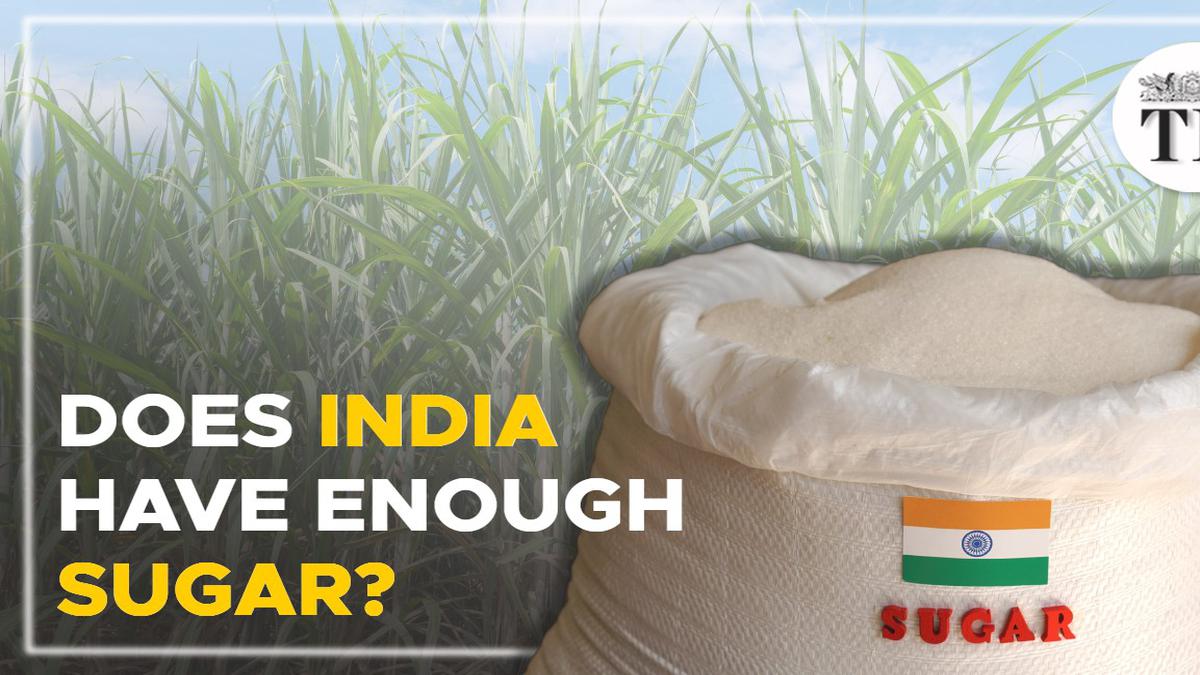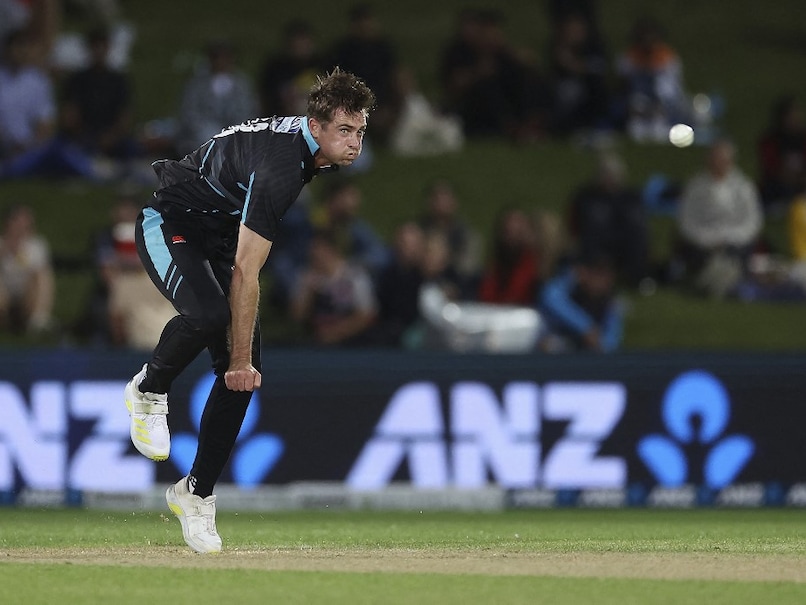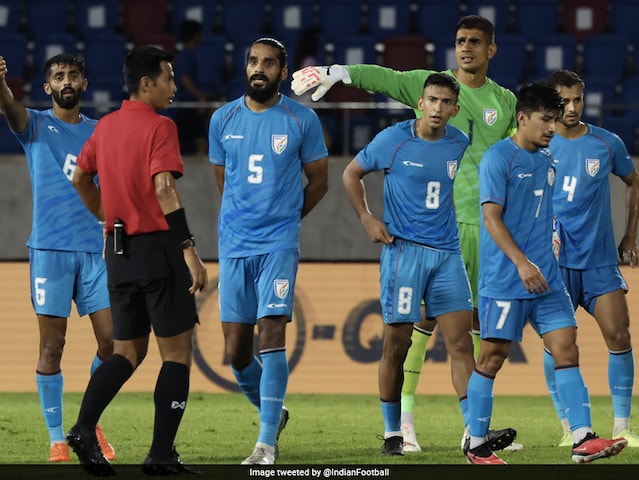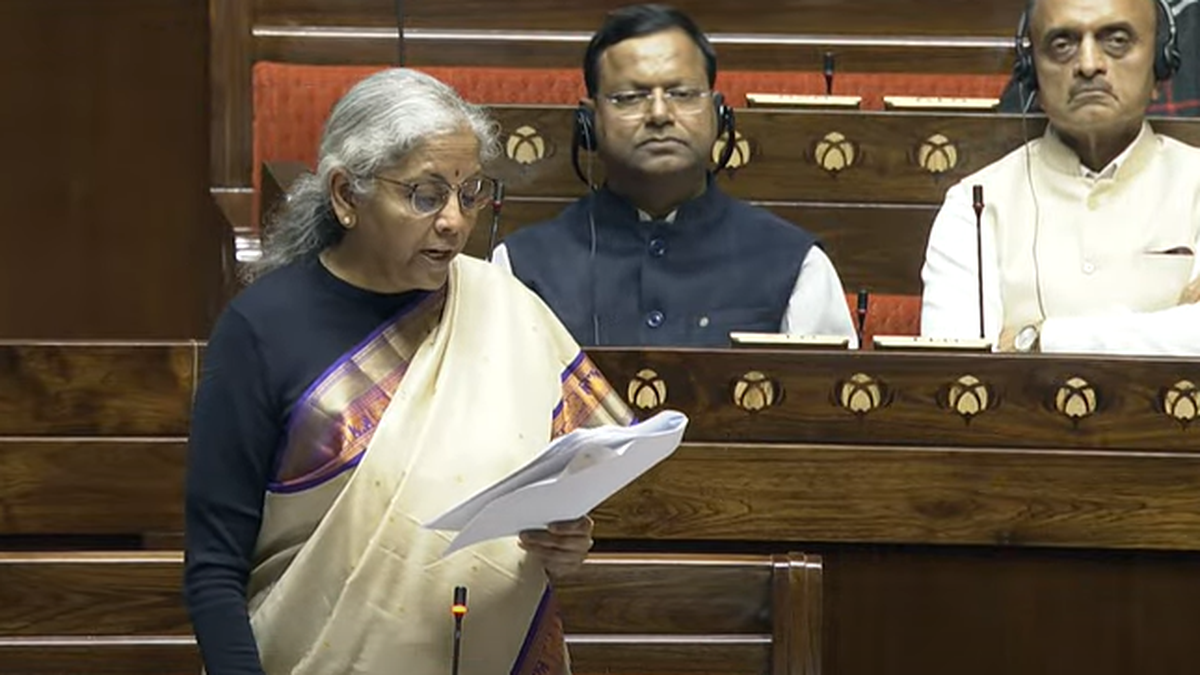The video gaming industry has said the term ‘online gaming’ is a broad and ambiguous term that is causing confusion among gamers, games publishers, international investors and media amid the GST row. Image used for representational purposes only.
| Photo Credit: Special Arrangement
As many as 45 video game companies in India on July 26, 2023, wrote to the Prime Minister’s Office and to the Ministries of Information & Broadcasting, and Electronics & Information Technology, seeking to put distance between themselves and the real-money gaming industry, amid the ‘widespread confusion’ caused by the latter being referred to as ‘online gaming’.
The real-money gaming industry, which consists of fantasy sports, poker, rummy and other such apps where users can deposit money and compete with other users, has been hit with a 28% GST on all deposits, a move that the industry has criticised. Both the government and the real-money gaming industry use the phrase ‘online gaming’.
The video-gaming firms, such as Outlier Games, SuperGaming and Firebolt Entertainment, are now calling for the government to put an end to this confusion. “‘Online Games’ is too broad […] a term and carries a different meaning in Indian jurisprudence compared to the global understanding, leading to confusion among gamers, international investors, game publishers, and media during the GST row,” the firms said in their letter to the PMO, which has been viewed by The Hindu.
“This confusion has played a considerable part in fuelling the recent controversy on 28 percent GST. What is being called “Online Games/Online Gaming” in India is known as ‘iGaming’ internationally.”
Also Read | The blurred lines between gaming and gambling
“Let me break the bubble,” Chirag Chopra, the Founder and CEO of New Delhi-based Lucid Labs said. “The Indian game industry is more than Real Money Games, and believe it or not, they are here to stay. No matter what they try to tell you on social media, your beloved games will not be taxed 28 percent; that privilege is reserved for … Real Money Games.”
Video games themselves have long been taxed at 18%, and the government has clarified that the 28% GST on deposits for ‘online gaming’ only applies to the real-money gaming industry. The latter industry has fervently opposed the 28% GST that was slapped on deposits, arguing that users would be discouraged from playing if they had to pay 28% over and above what they were playing games like poker with.
Also Read | Explained | Will 28% GST on online gaming affect its growth?
“The negative sentiments and social stigma towards games involving monetary wagering are unfairly linked to video games in Indian society, leading to misconceptions about our industry’s products and services,” the letter argued before the government.
It’s not just confusion to the general public that is at stake. “International game corporations, publishers and investors are under the impression that the Indian regulatory system does not differentiate between Video Games and RMG/Fantasy Sports (iGaming) and applies blanket regulations to both industries,” the letter pointed out. “This has resulted in hesitation to invest in Indian video game companies and discouraged potential investments, co-productions, and strategic partnerships.”








